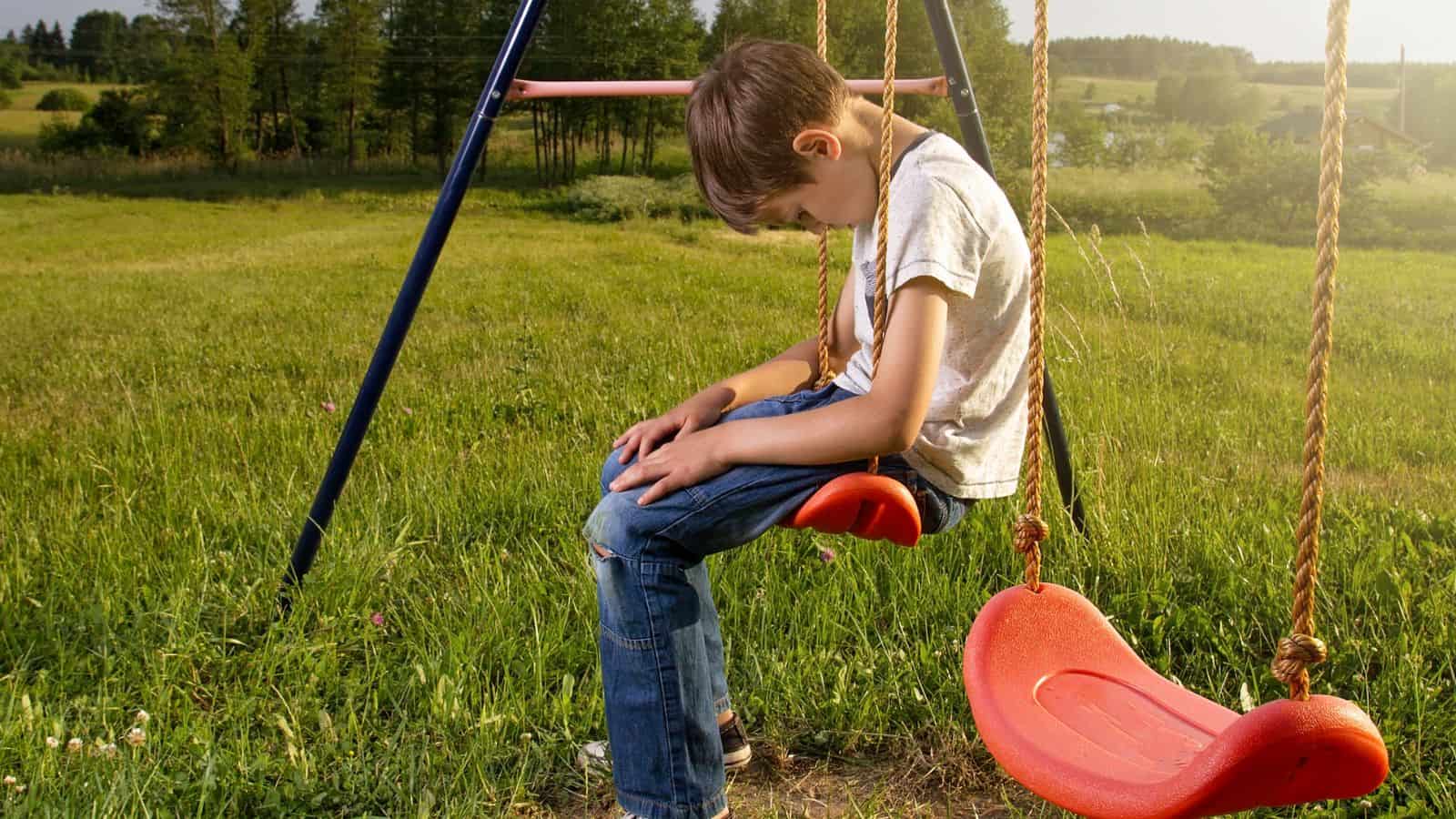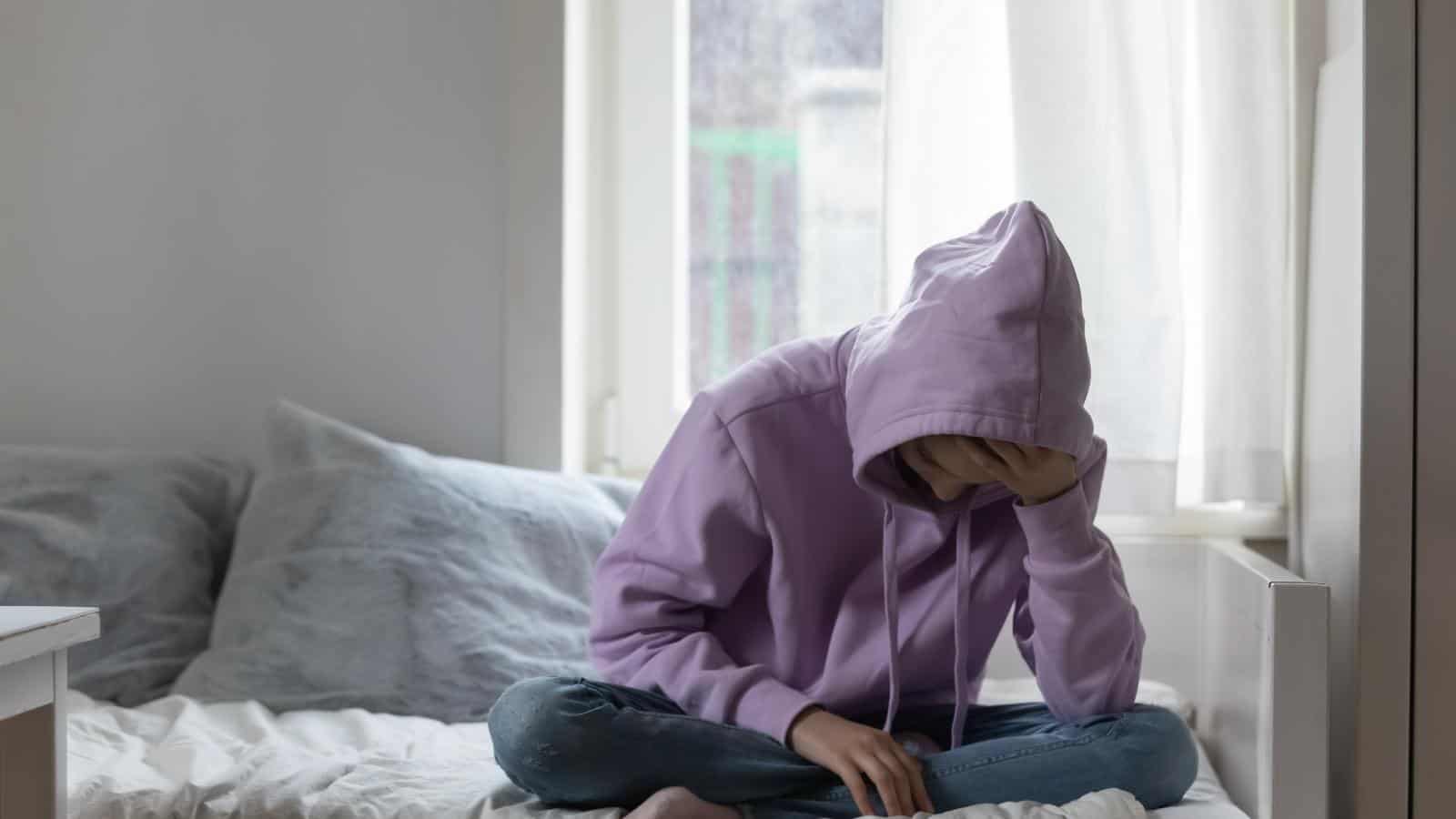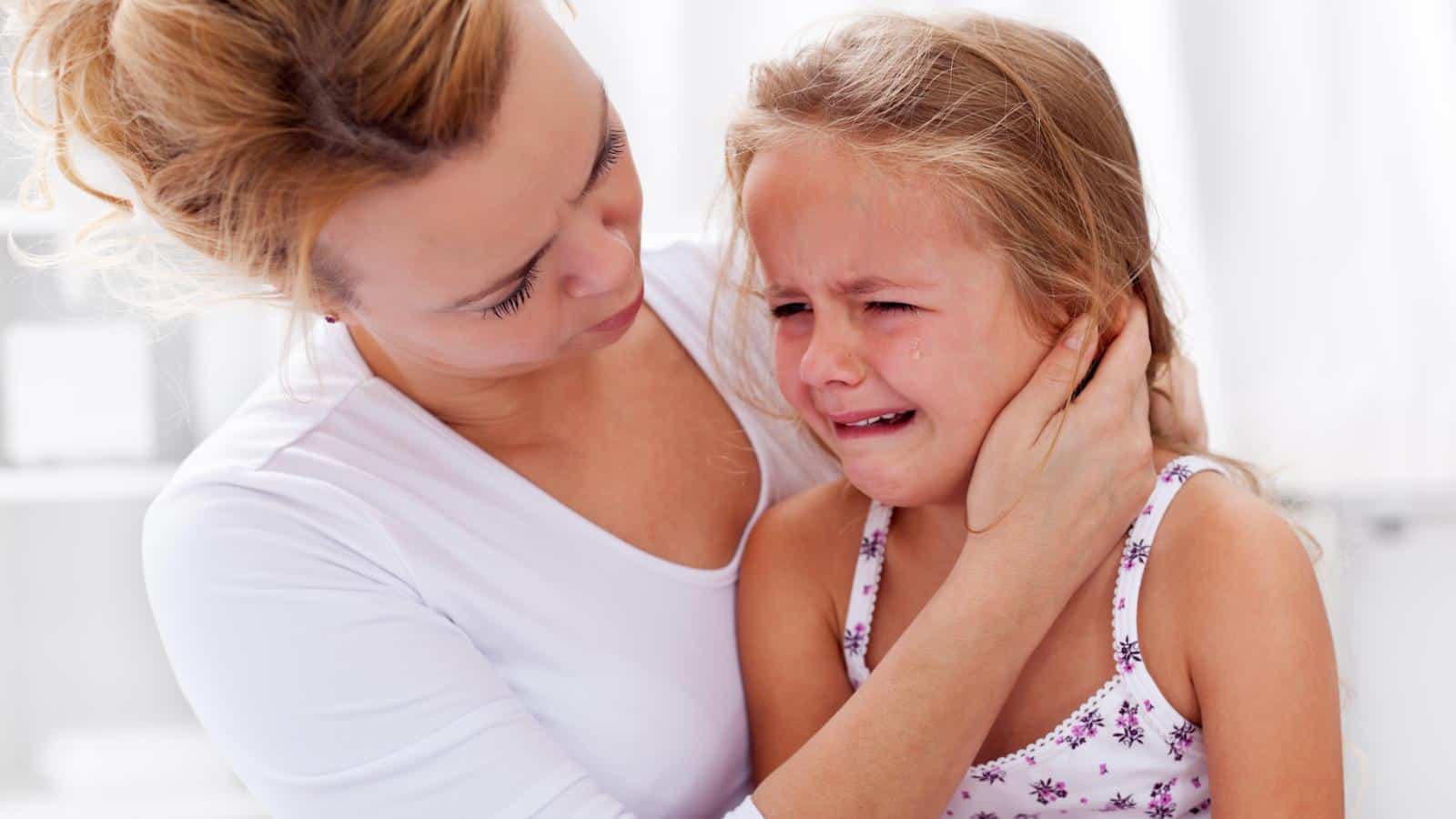Bullying can have a significant impact on a child’s emotional, physical, and academic well-being. As parents, we need to recognize the signs early, as this can help us take the necessary steps to support our children. Below are 19 key indicators that might suggest your child is experiencing bullying.
Sudden Loss of Friends

If your child suddenly loses friends or avoids socializing with their usual group, this could be a sign of bullying. Friends might distance themselves to avoid being targeted, or your child might withdraw to avoid further humiliation. It’s important to observe changes in their social circles closely.
Frequent Headaches or Stomach Aches

Complaints of frequent headaches, stomach aches, or other physical ailments without a clear medical cause can be linked to anxiety from bullying. These symptoms may be a child’s way of expressing distress when they struggle to articulate their feelings directly.
Avoidance of Social Situations

Children who are being bullied often withdraw from social activities they once enjoyed. They might refuse to go to school, avoid parties, or not want to participate in extracurricular activities. This withdrawal can be a coping mechanism to escape further bullying.
Trouble Sleeping

Difficulty falling asleep, frequent nightmares, or insomnia can also be signs of bullying. Stress and anxiety from being bullied can disrupt a child’s sleep patterns, so pay attention to changes in their sleeping habits and discuss any sleep issues with them to help understand.
Low Self-Esteem

Sadly, bullying can severely impact a child’s self-esteem, causing them to believe negative things about themselves. Signs of this include negative self-talk, expressions of worthlessness, and decreased confidence. Encourage open communication to help your child share their feelings.
Changes in Mood and Behavior

Keep an eye out for significant mood swings, irritability, or unexplained bouts of sadness in your child. Bullying can cause children to become unusually anxious, angry, or depressed, and these mood changes are often a reaction to the stress and fear of being bullied.
Unexplained Injuries

Children who are being bullied may come home with bruises, cuts, or other injuries they can’t or won’t explain. StopBullying labels this as one of the key signs of school bullying. These injuries might occur more frequently and often with vague or inconsistent explanations.
Lost or Damaged Personal Items

If your child frequently reports missing or damaged belongings, this could be a red flag, as bullying often involves the destruction or theft of personal property. This leaves children reluctant to discuss the true cause. Keep an eye on the condition of their possessions and listen to their reasons for any losses.
Changes in Eating Habits

Bullying can affect a child’s appetite, leading to noticeable changes in eating habits. They might skip meals, overeat, or come home hungry after school because they avoided lunch. It’s best to observe your child’s eating patterns as this can offer insights into their emotional state and school experiences.
Decline in Academic Performance

A sudden drop in grades or loss of interest in schoolwork may signal bullying. Children under stress find it difficult to concentrate, which can negatively impact their academic achievements. Regular communication with teachers can help identify if bullying is affecting your child’s performance.
Frequent Visits to the Nurse

A child who frequently visits the school nurse with vague complaints might be trying to escape bullying situations. These visits can indicate they are seeking a safe space away from bullies. Communication with school staff can provide additional context and support.
Avoiding School or Specific Classes

If your child refuses to go to school or shows reluctance to attend certain classes, this can be an indication of bullying. Children might fake illnesses or find other excuses to avoid confronting their bullies, so make sure to monitor their attendance and discuss any avoidance patterns to help identify issues.
Unexplained Anger or Aggression

Bullying can sometimes cause a child to react with uncharacteristic anger or aggression at home. They might take out their frustration on family members or become easily irritated. Understanding the root cause of this behavior can help address the underlying issue.
Isolation from Family

Any children who suddenly become more withdrawn from family activities might be experiencing bullying. They may spend more time alone in their room and avoid family conversations, and this isolation can be a coping mechanism to deal with their distress.
Sudden Changes in Appearance

Significant changes in how a child dresses or grooms themselves can signal bullying as well. Kids might try to alter their appearance to avoid attention or conform to peer expectations. Pay attention to these changes and gently inquire about the reasons behind them.
Feelings of Helplessness

Expressions of helplessness or hopelessness are concerning signs that a child might be bullied. They may feel powerless to change their situation and might vocalize these feelings indirectly. We need to provide emotional support and reassurance to help them open up about their experiences.
Self-Destructive Behaviors

Another severe sign that a child is experiencing distress, maybe from being bullied, is when they start engaging in self-destructive behaviors like self-harm. These behaviors require immediate attention and intervention from mental health professionals, so be sure to look out for this.
Reluctance to Use Digital Devices

Kids love social media, texting, and other online interactions for the most part, so if your child is avoiding these things, it could indicate cyberbullying. Children might be reluctant to use their devices due to fear of receiving threatening messages. Monitor their online activity and have open discussions about digital interactions to help with this.
Conflicting Stories About Friends

Inconsistent stories about friends or social activities can also be a subtle sign of bullying. A child might fabricate positive stories to cover up negative experiences, so be sure to encourage honest conversations to better understand their true social dynamics.
Read More: 20 Habits That Indicate You’re A Selfish Person

Selfish individuals often exhibit certain habits that can negatively impact those around them. Recognizing these traits can help in dealing with or avoiding negative influences. Here are 20 habits that may indicate someone is a selfish person.
20 Habits That Indicate You’re A Selfish Person
18 Misunderstood Acts The Bible Says Aren’t Actually Sins

People tend to assume that the Bible condemns a wide array of behaviors, but the reality might surprise you. Here, we zoom in on 18 so-called “sins” that may not be as bad as we thought.
18 Misunderstood Acts The Bible Says Aren’t Actually Sins
18 Things You’re Far Too Old To Be Doing Anymore

As we grow older, it’s a great time to reevaluate our choices and habits. In this article, we’ll explore 18 things you may still be doing even though you may be too old.
